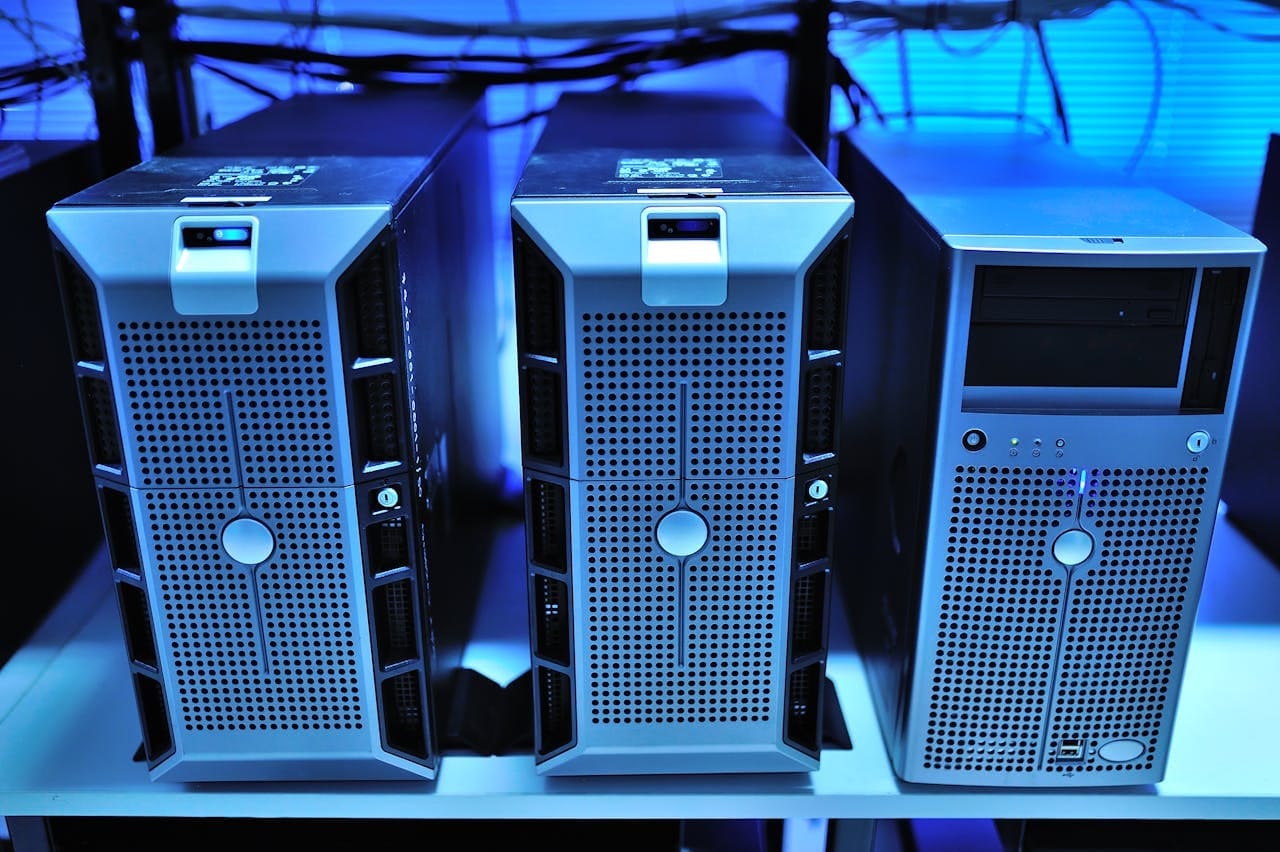The Forschungszentrum Jülich research centre hosts Europe's first exascale computer, JUPITER, which can execute one quintillion (10^18) computational operations per second, thereby revolutionising scientific research and complex problem-solving.
Exascale computing represents a significant advancement in supercomputer development, as these systems are a thousand times faster than petascale systems. Whilst the United States maintains a leading position with systems such as Frontier (1.1 exaFLOPS) and Aurora (2 exaFLOPS), and China already possesses two exascale machines—the Sunway OceanLight (1.3 exaFLOPS peak performance) and the Tianhe-3 (1.7 exaFLOPS peak performance)—Europe is now catching up with the commissioning of JUPITER. It represents a crucial milestone in the evolution of European supercomputing as part of the EuroHPC initiative, with particular emphasis on developing Rhea processors, stated the Jülich Supercomputing Centre.
The commissioning of JUPITER is of strategic significance for Europe, particularly in light of China's plans to operate as many as 10 exascale systems by 2025. The supercomputer will provide support in critical areas such as national security, climate research, medical science, and addressing complex challenges in energy and water management.
Source:

2.










